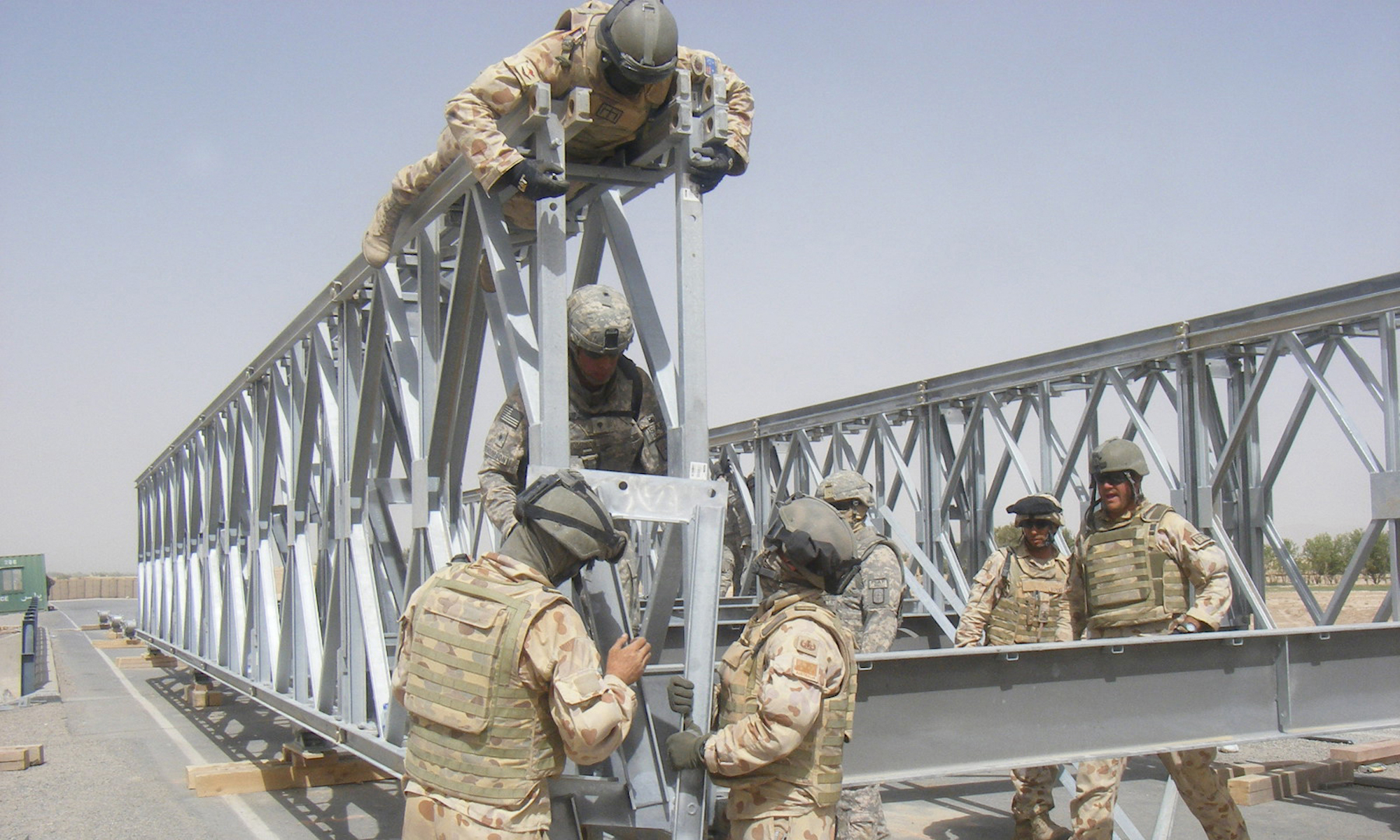Prevention of conflict is the first promise in the UN Charter, and yet, local parties, governments, and international organizations constantly betray it. Preventive action is at the center of international health policy and action, is vital to environmental improvements globally, and is accepted in many human rights treaties and in efforts to reduce the number and scale of natural disasters. However, prevention is practiced poorly and piece-meal. The essays in this volume represent some of the best scholarly and policy-relevant work on the practical challenges of conflict prevention within the UN system. They review some of the recent findings regarding conflict trends and their causes with a view to better informing conflict prevention strategy and implementation undertaken by the host of UN Departments and Agencies active in this area. They also identify opportunities for making existing and nascent capacity for conflict prevention more effectively operational within the UN system at large.

INSCT Postconflict Research Database
The Institute for National Security and Counterterrorism's Postconflict Research Database & Analysis Project stores cross-indexed bibliographic information on hundreds of journal articles, books, book chapters, and case reports that address the broad, interdisciplinary fields of postconflict reconstruction, stabilization, and peacebuilding.